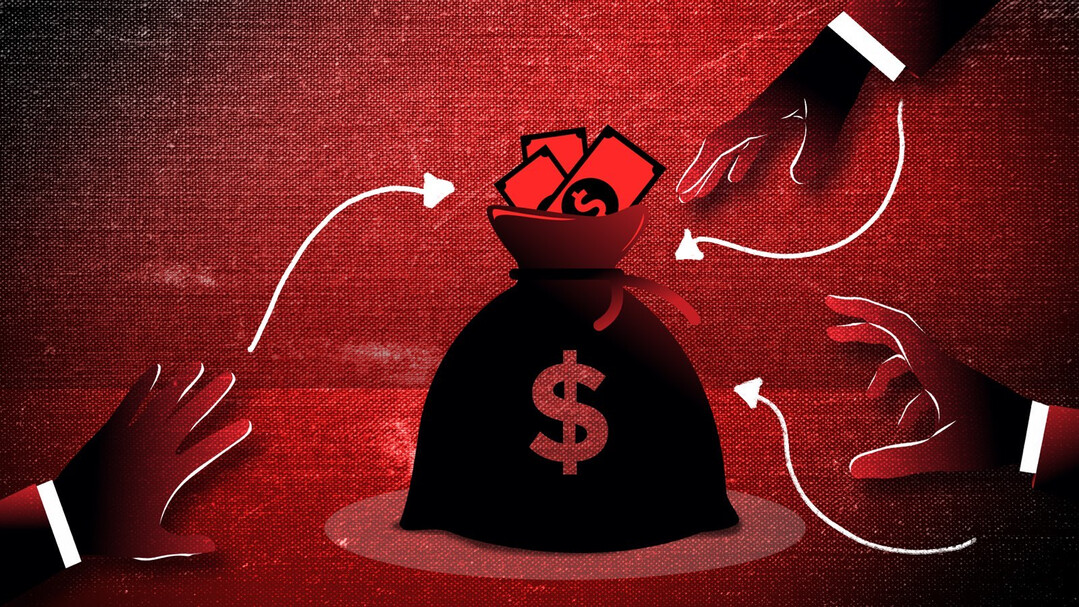
In his homily during the Easter Vigil Mass, the Archbishop of Asunción, Cardinal Adalberto Martínez, strongly criticized the involvement of citizens in dishonest acts, particularly pointing out the hypocrisy of some Christians who enact laws that oppress the weak and accumulate wealth. Cardinal Martínez lamented the reality that many who publicly display their faith by attending Mass and observing church rituals behave completely differently in their private and public lives, emphasizing the importance of aligning words with actions.
These remarks gain further credence in light of the recently published 2024 Corruption Perception Index (CPI) by Transparency International. Paraguay ranked 149th out of 180 countries worldwide in the index, falling 13 places compared to the previous year. This marks the third consecutive year that Paraguay has held the unfortunate distinction of being the second most corrupt country in South America, following Venezuela.
The prevailing analysis suggests that corruption in Paraguay is not merely an isolated issue but rather a chronic "endemic disease" stemming from the weakness of state institutions. The pursuit of private gain through the abuse of power undermines trust throughout society, shakes the foundations of democracy, deprives citizens of equal opportunities for development, and severely hinders the improvement of their quality of life.
Cardinal Martínez clearly identified this reality, contrasting those who bear the cross of Jesus with those who act contrary to it. He deplored the fact that greedy individuals pollute and exploit land, water, and the environment, and that hypocrites, who appear outwardly respectable but are rotten inside like "whitewashed tombs," feed their children the "dirty bread" obtained through corruption, extortion, violence, reckless privatization, and contract killings.
Furthermore, he denounced drug and harmful substance traffickers who ruin and kill young people, as well as those who promote and defend social inequality for their own benefit, oppressing the poor and powerless, labeling them as "persecutors of Christ."
The Cardinal strongly criticized the "double standards" of those who profess to be Christian in public positions but shamelessly lie and steal in their private lives and public duties, enact unjust laws and judgments that disadvantage the weak, and despise moral and ethical values, once again emphasizing the importance of aligning words with actions.
Corruption-related indicators and reports are not mere lists of figures but reflect a reality that seriously impacts individual lives. Cardinal Martínez emphasized the gravity of corruption, likening it to a "fatal disease that threatens and damages the social community." He lamented, "The heartbreaking events that have recently occurred in our country, such as children dying because they cannot receive intensive care, sick people dying helplessly after begging for treatment costs and medicine, and inadequate social welfare policies that neglect the elderly, are the deaths caused by corruption."
In addition, the Cardinal addressed another serious problem plaguing Paraguayan society: violence against women. Monsignor Ricardo Valenzuela urged deep reflection on "sick love" that degenerates into violence against women, stating unequivocally that femicide is a "demonic problem" that exploits the defenseless.
A fundamental change in Paraguayan society is essential. Corruption and its shadow, impunity, are constantly weakening democracy and the rule of law, and it must be remembered that corruption is the greatest crime that drives the people to death and poverty.
[Copyright (c) Global Economic Times. All Rights Reserved.]






























